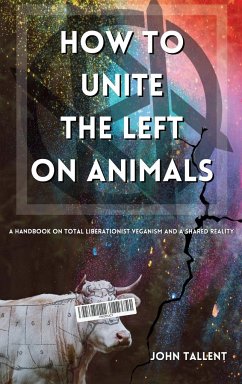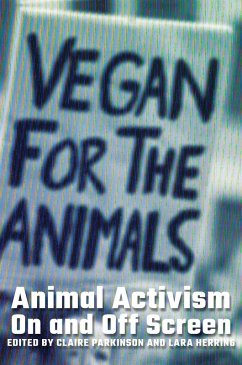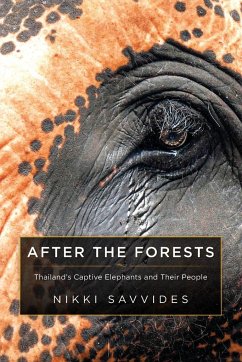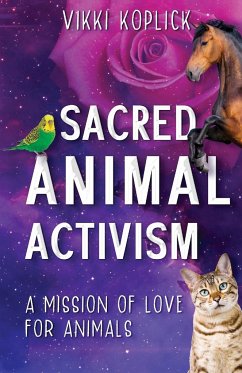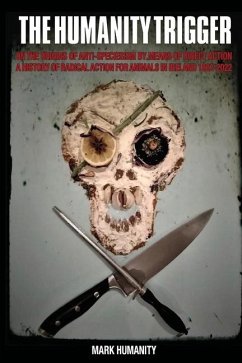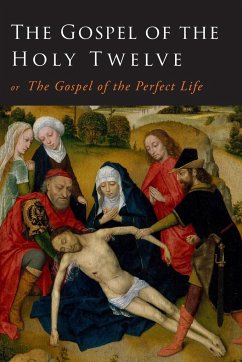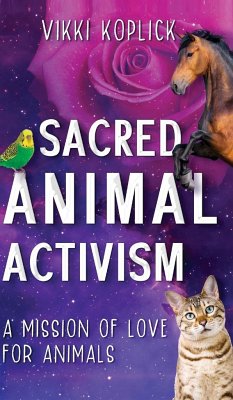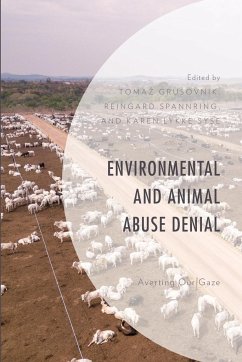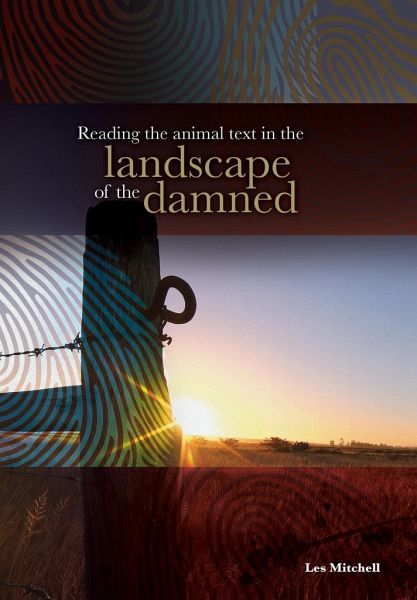
Reading the Animal Text in the Landscape of the Damned
Versandkostenfrei!
Versandfertig in 1-2 Wochen
51,99 €
inkl. MwSt.

PAYBACK Punkte
26 °P sammeln!
Reading the animal text in the landscape of the damned looks at the diverse texts of our everyday world relating to nonhuman animals and examines the meanings we imbibe from them. It describes ways in which we can explore such artefacts, especially from the perspective of groups and individuals with little or no power. This work understands the oppression of nonhuman animals as being part of a spectrum incorporating sexism, racism, xenophobia, economic exploitation and other forms of oppression. The enquiry includes, physical landscapes, the law, women's rights, history, slavery, language use,...
Reading the animal text in the landscape of the damned looks at the diverse texts of our everyday world relating to nonhuman animals and examines the meanings we imbibe from them. It describes ways in which we can explore such artefacts, especially from the perspective of groups and individuals with little or no power. This work understands the oppression of nonhuman animals as being part of a spectrum incorporating sexism, racism, xenophobia, economic exploitation and other forms of oppression. The enquiry includes, physical landscapes, the law, women's rights, history, slavery, language use, economic coercion, farming, animal experimentation and much more. Reading the animal text in the landscape of the damned is an academic work but is accessible, theoretically based but robustly practical and it encourages the reader to take this enquiry further for both themselves and for others.



